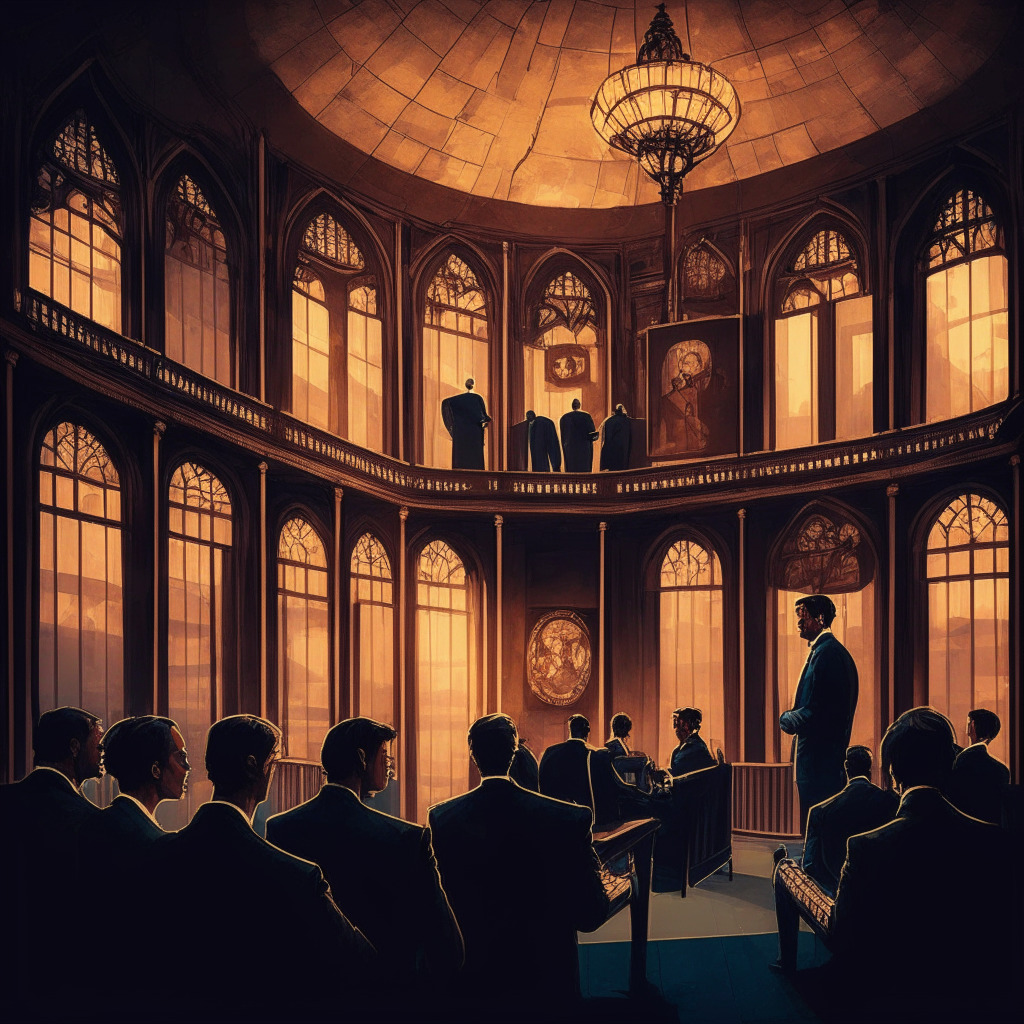In a compelling development in the cryptocurrency industry, the U.S. Securities and Exchange Commission (SEC) has petitioned the court to green-light its appeal in the Ripple Labs lawsuit that previously decided XRP was not a security when sold to retail investors. The SEC contends that the court’s application of the Howey Test – a key determinant in what constitutes an investment contract – has concerning “knotty legal problems” that requires a detailed review.
On Sept. 8, the SEC asked the U.S. District Court for the Southern District of New York to approve its motion for an interim appeal. The regulatory body asserts that the earlier court ruling’s impact on programmatic sales and other distributions pose critical “legal questions” that validate immediate appellate review.
Nevertheless, the SEC’s arguments seem contradictory when considering past statements by the agency and its chairman, Gary Gensler. Gensler has frequently declared that there is no need for new cryptocurrency regulation, asserting that the existing guidelines suffice to cover the breadth of the ever-growing crypto market. One must question whether this contradiction points towards an internal inconsistency within the agency.
Responding to the SEC, Ripple’s chief legal officer Stuart Alderoty called the filing “hypocritical,” pointing out apparent inconsistencies behind years of stern mandates enforcing ‘clear rules’ and the sudden appeal for urgent review due to complex legal issues. Coinbase’s Chief Legal Officer Paul Grewal echoed similar concerns, questioning how firms can abide by “fair notice” within an environment of contested and complex legal norms.
With such significant actors in the crypto sphere openly questioning the regulatory body’s stance, neutral spectators await the unfolding legal drama. It is undeniable that the repercussions of this case could significantly impact the crypto market, making the court’s final decision even more important for the future of cryptocurrencies.
Yet, let us not ignore the elephant in the room – a mammoth regulatory body grappling with an innovative, rapidly expanding industry chock-full of grey areas. Clearly, this is a not a simple black-and-white legal issue. Overwhelming as they may be, these “knotty legal problems” underline the complexity and grandeur of cryptographic currencies as well as the scale of the task regulatory bodies worldwide face in efficiently and fairly managing them.
Source: Cointelegraph




